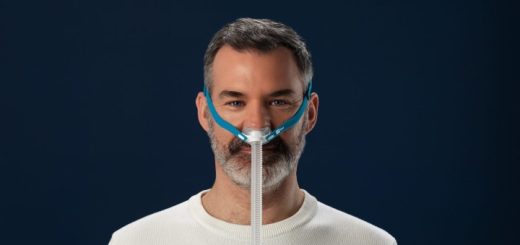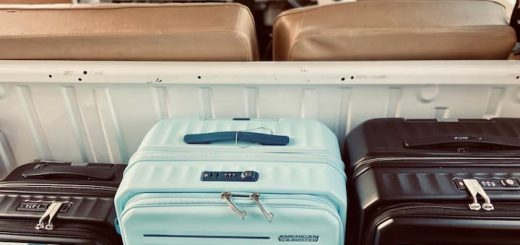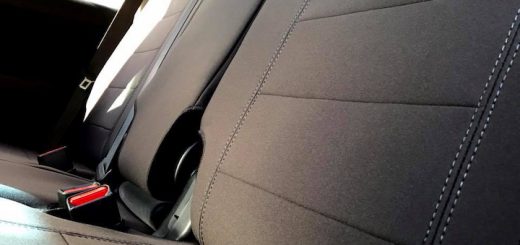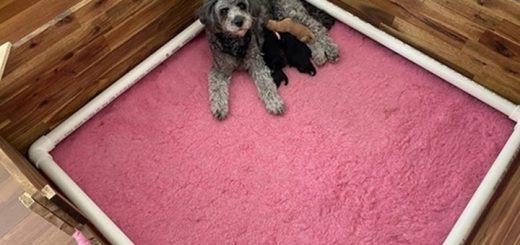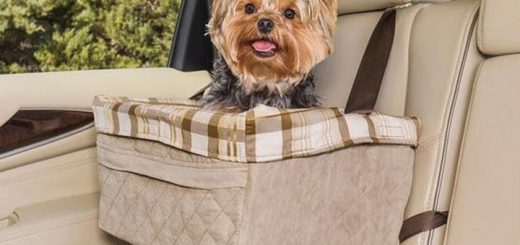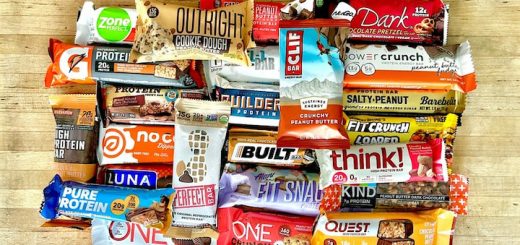Camping Hygiene: How to Stay Clean in the Great Outdoors
Enjoying nature and disconnecting from social media – a week-long camping trip in the wilderness may sound like a good idea. However with the joys of camping come certain challenges, like maintaining personal hygiene in areas with limited access to conventional services.
Maintaining proper camping hygiene not only keeps you feeling fresh and comfortable but also is one of the most empowering wilderness skills since it allows you to take longer trips to new environments. You’re not limited by the lack of amenities and can truly immerse yourself in the natural beauty around you.
Shower Tents
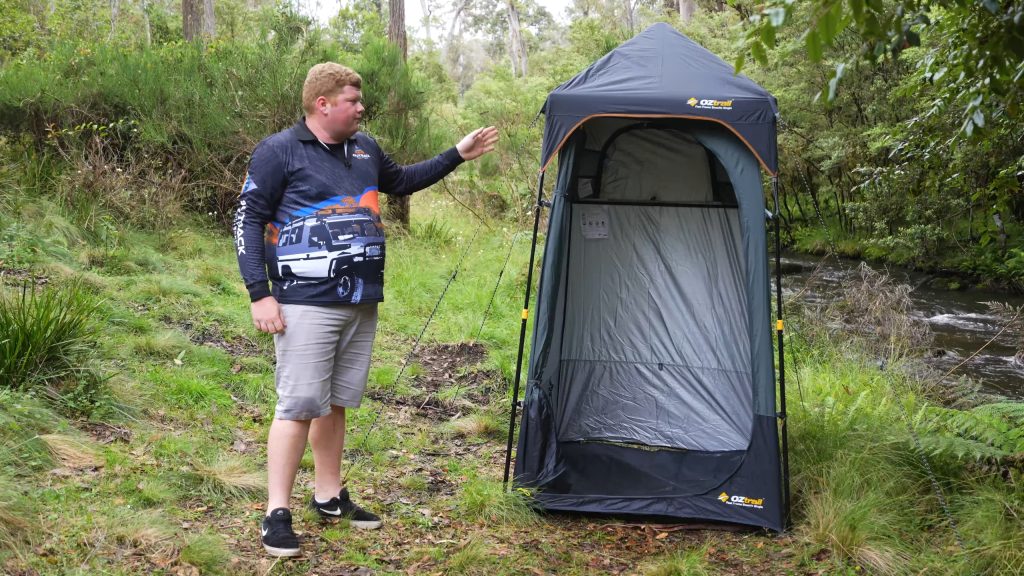
If you’re someone who loves camping but sure enjoys the comforts and luxuries of home, you can invest in a user-friendly shower tent. A camping ensuite tent lets you take a proper shower, similar to what you would do at home. It also offers privacy and convenience which is much needed when showering at a camping area.
Apart from being practical, showering tents are generally easy to set up. Many of them feature a fully automatic quick-opening system meaning your tent can be set up in seconds and packed away just as quickly. No need for putting together brace poles and awkward frames.
Speaking of features, it sure comes in handy to have a couple of conveniently placed zipper windows for great ventilation. Inside pockets, storage caddies, and organisers will also help you keep your toiletries and towels while taking a shower.
Also, outdoor shower tents are usually lightweight and easy to carry around. You have the flexibility to set it up in various locations, whether it be at a campsite or on the beach. Convenient and portable camping gear can elevate your outdoor adventures in many ways, from enhancing comfort to offering ease of mobility.
In addition to providing a personal area for showering, a shower tent can increase privacy when changing clothes or using the toilet. For instance, multi-purpose showering tents with two separate cubicles provide ample space for a comfortable and convenient bathing experience, allowing you to dry off and change clothes without encountering wet surfaces.
Last but not least, when using a showering tent, be sure to pick a location that is apart from other campers. It is not desirable to be in a busy place where people are passing by all the time. Take the time to find a spot that is more secluded and offers privacy. This will ensure that both you and others can enjoy your camping experience without any interruptions.
Wipes and Sanitisers
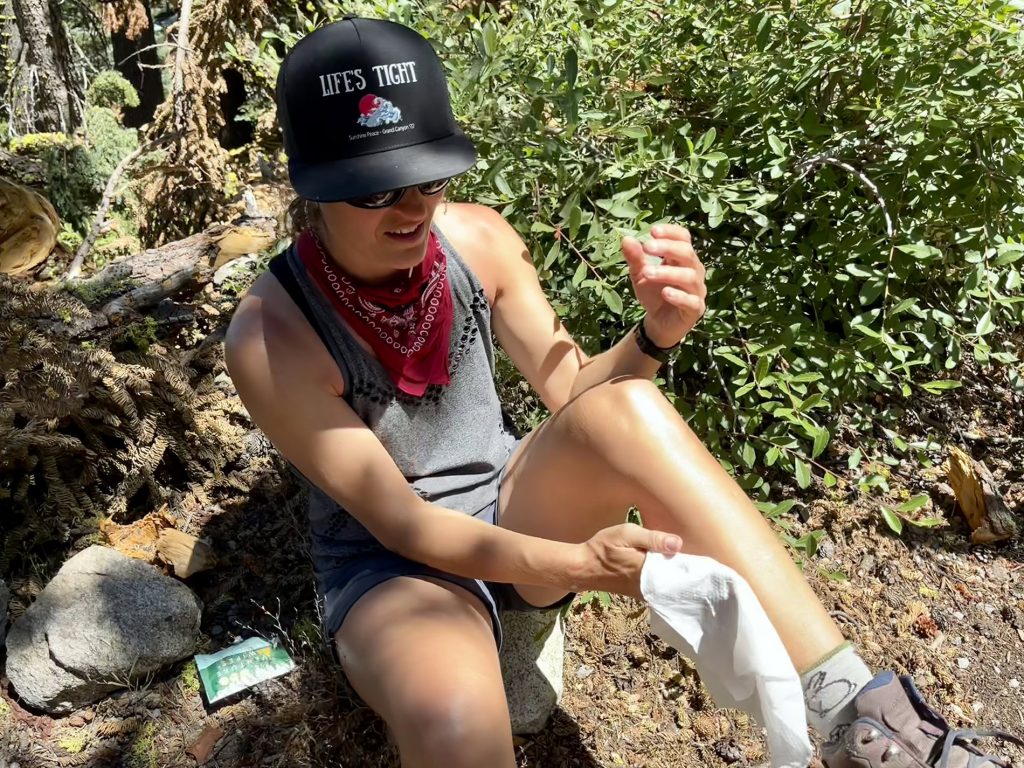
Still, if a shower tent is not your thing (maybe you’re going lightweight and bound for a minimalist camping trip), you can at least bring hand sanitisers and full-body wipes for personal hygiene. To diminish the grease off your hair roots, you can try a dry shampoo or baby powder. Unlike conventional washing methods that require ample water and facilities, these products offer a portable and easy-to-use solution for campers.
When looking for personal hygiene products there are a few things to consider. These should be compact and thoughtfully designed products. For instance, you want to prioritize biodegradable wipes that are gentle on your skin and the planet. Biodegradable camping wipes naturally break down to minimize environmental impacts, you want them to be large enough to cover more surface area and durable enough so they won’t tear easily.
Next, you want to stick to unscented products since scented products can attract bears and other wildlife. Bears have an amazing sense of smell and they consider anything with a scent to be “food ” including cosmetics, toiletries, sunscreens, and bug repellants.
Bathe in Nature
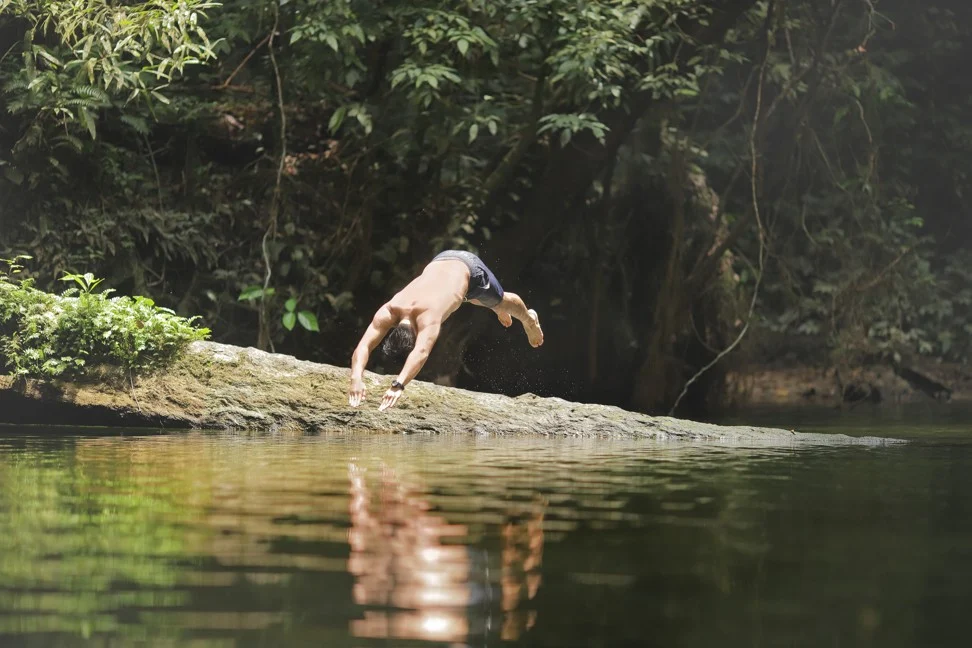
If using baby wipes and showering tents is not an option, you can always take a dip in a nearby lake or river. A refreshing swim not only feels incredibly rejuvenating, but it also gets rid of sweat and debris from your body.
When selecting a bathing spot, it’s important to carefully consider privacy, cleanliness, and safety. For instance, using little streams or low-volume bodies of water for outdoor hygiene is not advised because these may not have adequate flow or a large enough water volume to dilute chemicals and bacteria. On the other hand, a flowing river may be a more suitable option.
Next, keep in mind that some natural water sources may be contaminated or have dangerous currents. Therefore it’s crucial to research the area and check with campground staff to ensure the water is safe for bathing. Furthermore, consider other campers’ privacy and pick a spot that isn’t too close to their campsite.
Avoid using soap or other cleaning supplies when bathing in nature even biodegradable ones, as these could contaminate the water. You want to leave as little footprint as possible, after all, camping hygiene doesn’t have to be fancy. To avoid polluting the water also make sure to choose an area that is at least 60 metres away from the water source.
Diving in early in the day is also advised so you have enough time to dry off thoroughly before dark. If you have no other choice but to bathe in the evening, make sure you have proper lighting and a friend nearby just in case.


